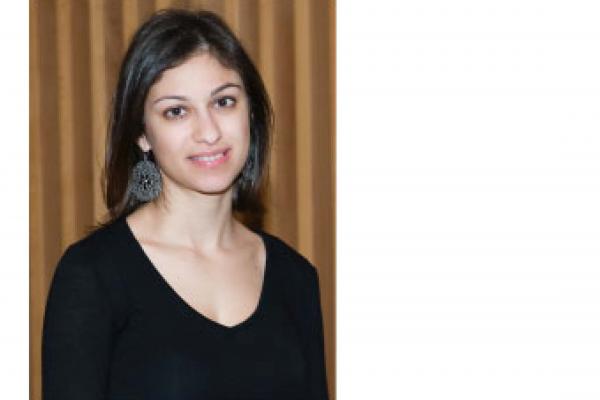
"Lattice QCD (LQCD) is a theoretical non-perturbative approach for the study of QCD dynamics numerically and from first principles. For more than a decade, LQCD has been very successful in the calculation of the hadronic spectrum, making post-dictions of well-measured hadronic masses, as well as, predictions. Nowadays, LQCD is widely used for hadron structure calculations and is becoming a reliable tool, providing input to the experimental and phenomenological communities. Over the last years, progress in the simulation of LQCD has been impressive, driven by improvements in the algorithms and increase in computational power, that have enabled simulations to be carried out at parameters very close to their physical values (physical point).
In this talk I will present recent results for the so-called quasi-PDFs, a new direct approach to compute parton distributions functions (PDFs) directly in LQCD. The quasi-PDF approach was introduced by Xiangdong Ji in 2013 and was intensively developed thereafter. I will present results for the unpolarized, helicity and transversity PDFs calculated at the physical point. A careful investigation of systematic uncertainties, such as excited states and renormalization will be presented, that aims at obtaining reliable estimates. The light-cone PDFs are reconstructed using large momentum effective theory (LaMET) that allows comparison with phenomenological parameterizations of experimental data. I will present the similarities between the lattice and phenomenological estimates of PDFs, demonstrating the importance of simulations at the physical point. Of particular importance are the results on the transversity PDFs, that are not well-constrained experimentally. This presents a major success for the emerging field of direct calculations of quark distributions using Lattice QCD. "
